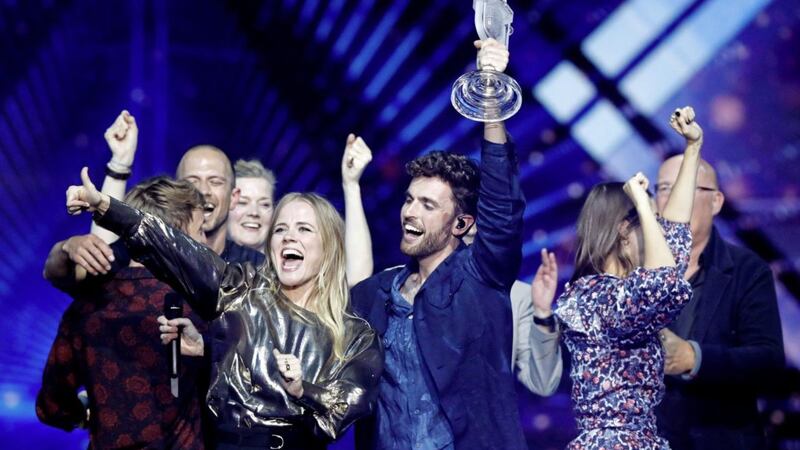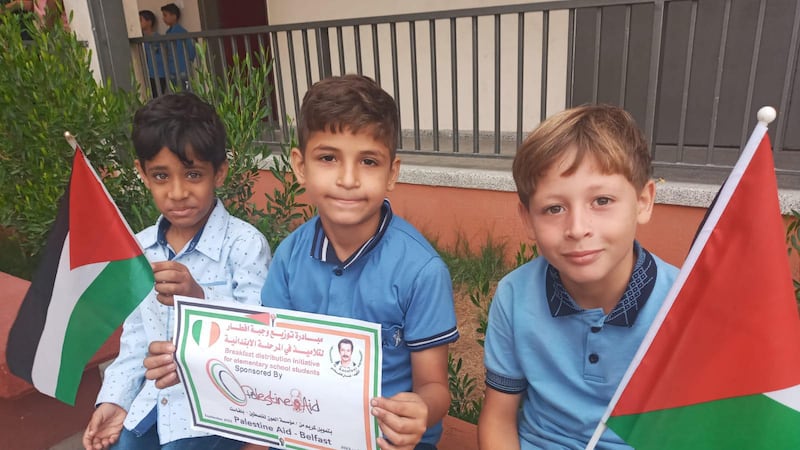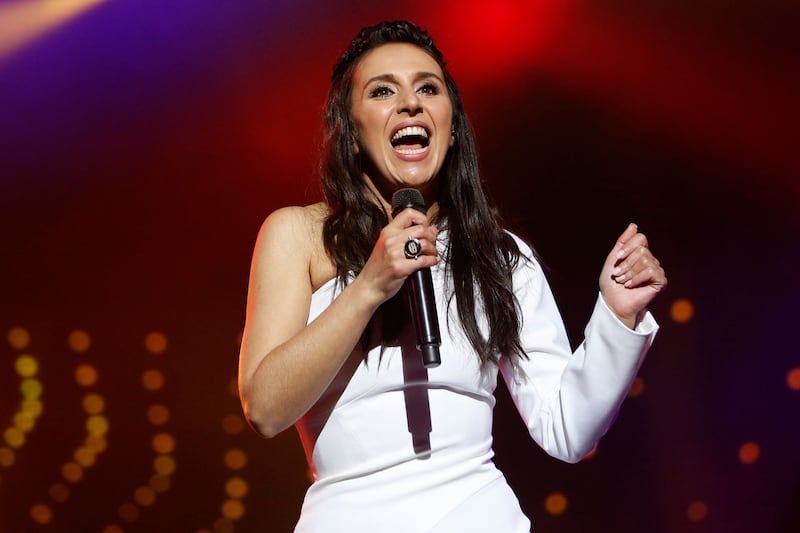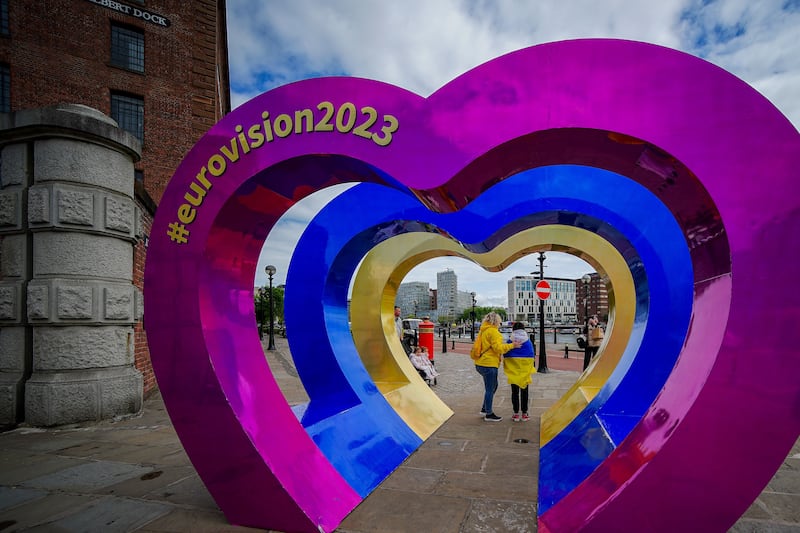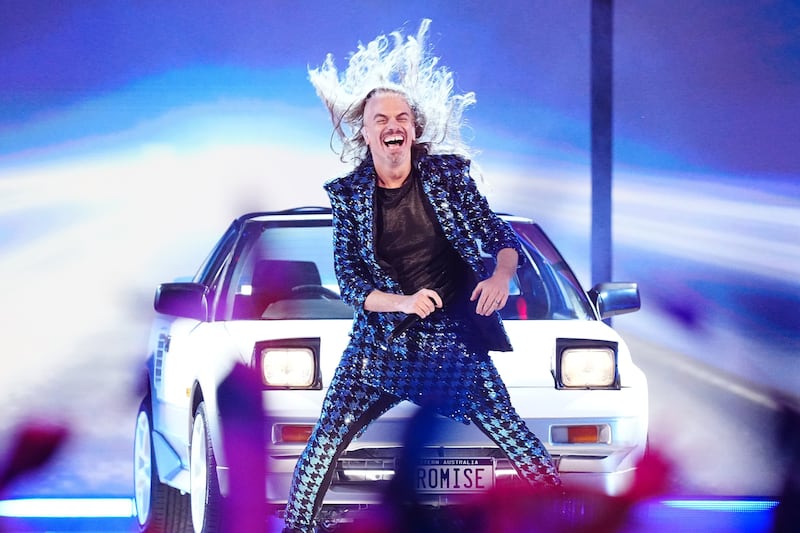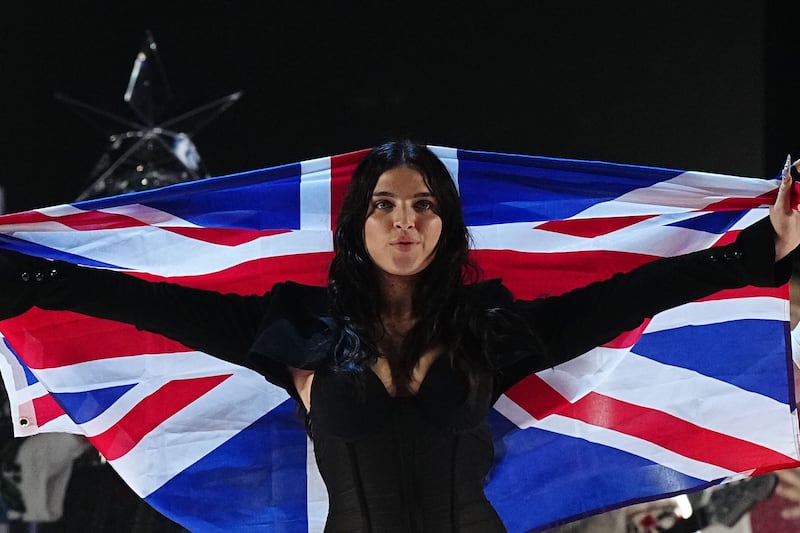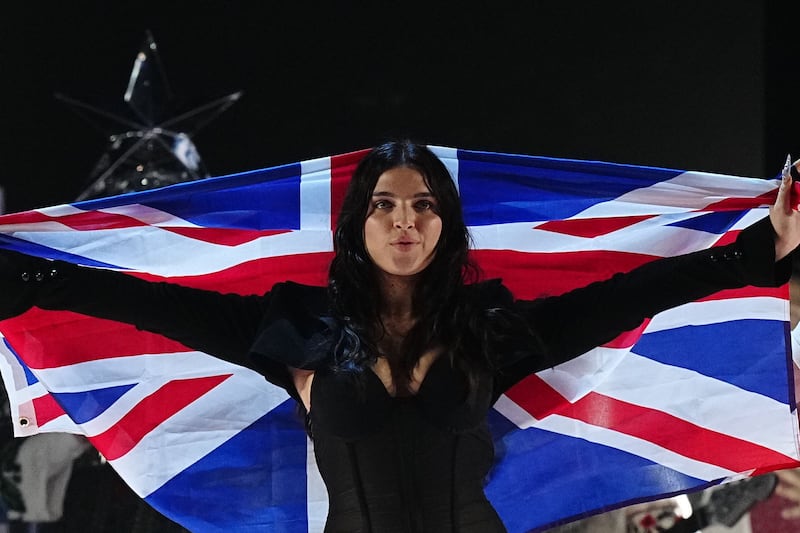MORE than eight million UK viewers watched the Eurovision Song Contest in which The Netherlands triumphed amid a backdrop of controversy over the show being hosted in Israel.
A peak of 8.1 million and an average of seven million tuned in according to the BBC for the Saturday's finale, which annually has a global audience of 200 million people.
Duncan Laurence won the contest for The Netherlands with his anthemic song Arcade, scoring 492 points. The last time The Netherlands won was in 1975.
This year's show has faced calls for a boycott in protest over Israel's treatment of Palestinians, and although organisers say the event is "non-political", the finale failed to escape reference to the controversy.
During the live broadcast in Tel Aviv, members of Iceland's Eurovision act Hatari – a leather-clad bondage punk trio – held up Palestinian flags while their public vote was being announced.
And during Madonna's highly anticipated interval act performance, two of her dancers walked arm-in-arm while displaying Israeli and Palestinian flags on their backs.
Eurovision organisers said it had not been an approved part of the act.
The pop star (60) had defied calls from pro-Palestinian activists to cancel her performance, saying beforehand she wanted to create "a new path toward peace".
On Hatari's display, Eurovision organisers said the "consequences of this action" would be discussed by the contest's executive board.
The band had been critical of Israel before Saturday's grand final, going as far as to challenge the country's prime minister, Benjamin Netanyahu, to a "friendly match of traditional Icelandic trouser grip wrestling".
Alongside the contest, there were also protests in Tel Aviv over Israel's occupation of the West Bank, East Jerusalem and the Golan Heights.
RTÉ and the BBC had faced calls from musicians and human rights campaigners to boycott the contest, but both broadcasters defended their participation, saying that Eurovision is a non-political event.
Gold glitter rained from the roof of the Expo Tel Aviv venue as Laurence was crowned this year's winner and he lifted the trophy, which was handed to him by 2018's winner, Israeli singer Netta Barzilai.
"Here's to dreaming big. This is to music first, always," the 25-year-old said.
Italy's Mahmood came second with 465 points while Russia's Sergey Lazarev was third with 369.
The UK came last in the final, with its act Michael Rice and his song Bigger Than Us scoring just 16 points between the public vote and international jury vote.
As one of the so-called 'big five' that give the most funding to the contest, the UK had an automatic pass to the final.
Ireland failed to qualify for Saturday's finale.
Singer Sarah McTernan (25), from Co Clare, took part in the second semi-final on Thursday with pop song '22', but came last with just 16 points.
Among the highlights from this year's contest were Australia's Kate Miller-Heidke, who performed her pop-opera song Zero Gravity alongside two backing dancers on three 16-foot bendy poles against a starscape visual.
